While Nashville boasts a low unemployment rate—2.7 percent—too many of our adult neighbors are being left behind, disengaged or underemployed due to challenges in navigating the educational services.
More than 255,000 people in Nashville earn less than $30,000 a year in a housing market that demands an average salary of $50,000 or more. Additionally, more than 9,000 young people (ages 16 to 24) are unengaged in the workforce or post-secondary education pathways.
Here’s what we know: Our neighbors need higher incomes and more education or training to get these higher incomes.
To address this community need, in December United Way announced the release of two $100,000, one-time grants to support Prosperity Pathways Collective Impact initiatives that will provide the support and services to help our neighbors navigate the path to success. These Collective Impact groups submitted applications, and the top five groups were selected to pitch their work in March to a panel of United Way leaders, volunteer experts and community stakeholders.
In early April, United Way awarded the Prosperity Pathways grants to the Opportunity Youth and Adult Literacy collectives. Read on to learn how these collectives will work to move the economic mobility needle for our neighbors who need it the most.
Adult Literacy Collective
Backbone Agencies: Nashville Adult Literacy Council, Nashville Public Library
Goal: To triple the number of adults achieving their educational goals by 2025
The facts: 250,000 people in Davidson County who don’t have a high school diploma, are functionally illiterate or are learning English as a second language are living in poverty. The Adult Literacy Collective estimates that our community is serving less than one percent of those people because the agencies that support adult literacy and career advancement don’t have a coordinated network developed to create efficiencies in service delivery, resources and funding.
“We have perpetual wait lists of 300 to 800 people and some agencies don’t even keep wait lists anymore,” says Kim Karesh, Nashville Adult Literacy Council executive director. “Classes pop up and disappear based on inconsistent funding from a variety of sources, and there is no continuity for learners to know who will have programs available and when.”
These are people who want to learn and advance their careers; they just lack the resources to do so. Youth, displaced workers, immigrants and refugees—all have different needs to achieve different versions of success—and they need systems in place to help them navigate this level of complexity. Through Prosperity Pathways, the Adult Literacy Collective plans to create a unified system throughout the community and put our neighbors on the right career path.
Karesh says because this collective work has been done for a year on the backs of staff volunteering from partner agencies, the Collective will start by relieving some of the strain on their program budgets to cover costs and allow them to continue to commit to collectively defining their network.
“We recognize that our volunteer work isn’t sustainable, and our ability to get substantive work done over the long term is reliant on our ability to build capacity.”
Karesh says most of their funding will be used for capacity at co-backbone agencies in the areas of strategic planning partnerships and technology systems—ultimately getting the right learner, in the right seat, at the right time.
Opportunity Youth Collective
Backbone Agency: Nashville Career Advancement Center
Goal: To decrease the number of Opportunity Youth (people ages 16-24 that are unengaged in the workforce or post-secondary pathways) in Nashville
The facts: 9,000 of our Opportunity Youth are failing to find education and employment paths that are substantial to economic mobility. More than half of these youth have a high school diploma but have struggled to transition to prosperous employment or credentialing opportunities that provide a sustainable living wage. Only 60 percent of Metro Nashville Public Schools students actually enroll in higher education, and only 24 percent complete a degree within six years of high school graduation.
Most of these youth aren’t accessing state scholarships due to barriers including costs beyond tuition such as books and testing fees, limited transportation options, FAFSA eligibility and difficulties navigating complex systems.
Too many young people are falling behind and becoming disconnected which affects all corners of the economy—the social sector, the criminal justice system and the political landscape.
The Opportunity Youth Collective will use the Prosperity Pathways grant to reengage those students who have fallen out of the pipeline and help connect them to workforce training or post-secondary education. The Collective will do so by establishing an effective system that connects agencies and positions young people as equal stakeholders. Creating this system means uniting partners like the Nashville Area Chamber of Commerce to build out career and education pathways—that have clear onboarding credentials—to good-paying jobs. It means supporting young adults transitioning from foster care to adulthood by walking with them in their education pathways.
“We have to foster a system that builds individual capacity to achieve outcomes while also shaping structures that will make it more probable for them to achieve those outcomes,” says Rod DeVore of the Nashville Career Advancement Center.
